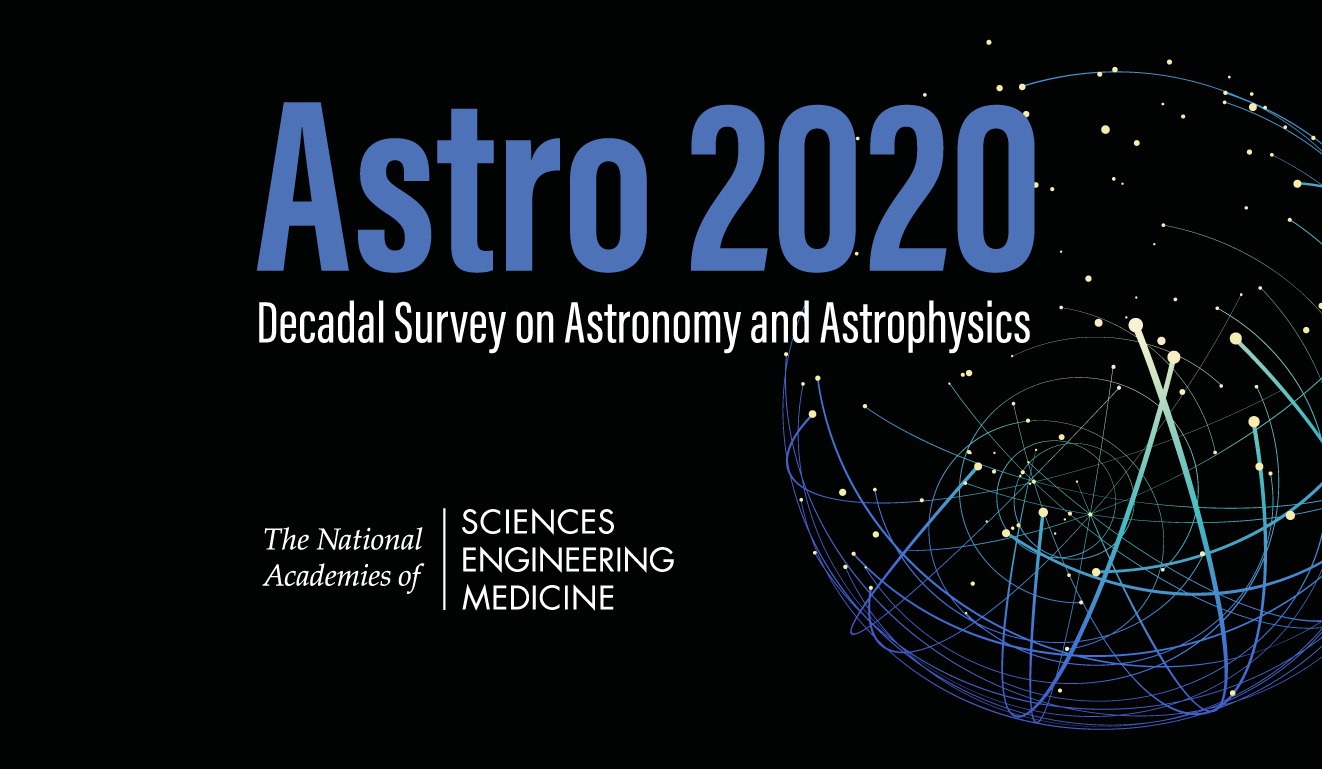
Posselt Helps Chart the Future of Equity in Astronomy on NASEM Committee
The Pullias Center’s Julie Posselt serves as a member of a very select panel that is tasked with no less than generating a comprehensive strategy and vision for the next decade of science in astronomy and astrophysics.
The focus of the 15-person decadal survey committee, called the “Panel on State of the Profession and Societal Impacts,” entails putting a microscope on, or perhaps more appropriately aiming a telescope towards, social and cultural issues that need addressing across astronomy. This includes macro concerns like a lack of diversity and addressing gender bias, along with hot-button topics with more local implications, such as the impacts that major observation facilities have on specific Indigenous communities. The panel is one of 13 in a greater effort known as the Decadal Survey on Astronomy and Astrophysics 2020, or Astro2020 for short. It is the only one devoted to professional issues and it is the first time such a panel has been convened.
The entire project is convened by the National Academies of Sciences, Engineering, and Medicine (NASEM). The non-profit organization provides independent, objective advice to spark progress and advance science, engineering, and medicine for the benefit of society. The work of the nongovernmental National Academies is grounded in the expertise of three honorific societies — the National Academy of Sciences, the National Academy of Engineering, and the National Academy of Medicine.
‘It’s definitely an honor to be a member of this critical committee, whose work could empower marginalized populations within and around astronomy and astrophysics,” says Posselt, associate professor for the Rossier School of Education and faculty member at the Pullias Center. Since forming in the fall of 2019, the panel has convened many times, sometimes remotely and three times in person, to gather, review, and discuss information to generate its upcoming recommendations and report. The panel’s work has even drawn the attention of Wired Magazine, which penned an in-depth feature on the topic.
Community input is critical for charting the course of the discipline. Experts and the public have been invited to share thoughts, ideas, and comments to help the panel make actionable suggestions to the Astro2020 steering committee on what the profession should look like in 2030 and how that vision can be realized.
“Some of the most compelling challenges around understanding the universe involve the humans right here on earth,” observes Posselt. An expert in the application of sociological and organizational theory to higher education and academic disciplines, Posselt’s research throughout her career has examined institutionalized inequalities and organizational efforts aimed at reducing those inequities and encouraging diversity. She focuses on selective sectors of higher education— graduate education, STEM fields, and elite undergraduate institutions—where longstanding practices and cultural norms are being negotiated to better identify talent and educate students in a changing society. This made her a strong candidate to sit on this panel.
Posselt is no stranger to the National Academies and their work. She received a post-doctoral fellowship from 2015-2017 from the National Academy of Education/ Spencer Foundation and in 2018 was an invited reviewer for NASEM’s report Graduate STEM Education for the 21st Century. She is also currently a member of a second NASEM consensus study that will make recommendations for colleges and universities to support for the mental health and well-being of undergraduate and graduate STEMM students. That committee will produce a report with recommendations that will be broadly distributed across the STEMM field.
Sign up for our newsletter to stay up to date with this and other Pullias Center projects.